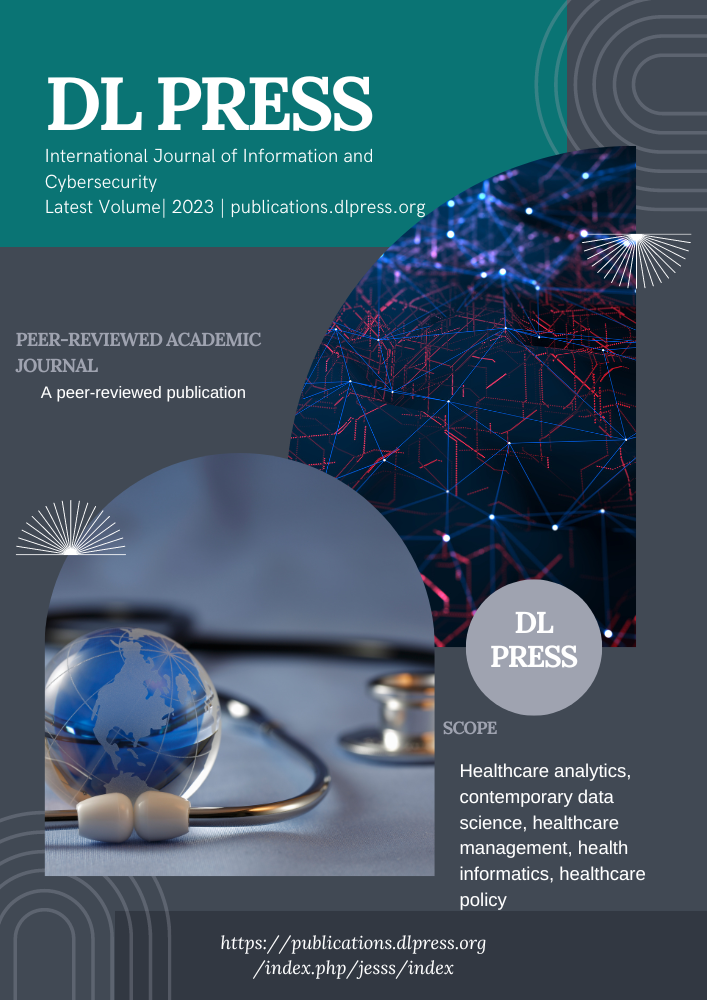Patient Care through AI-driven Remote Monitoring: Analyzing the Role of Predictive Models and Intelligent Alerts in Preventive Medicine
Main Article Content
Abstract
The integration of predictive models and intelligent alerts has emerged as a promising approach to enhance preventive medicine by leveraging advanced analytics techniques and data-driven insights. This comprehensive review aims to elucidate the multifaceted role of predictive models and intelligent alerts in the field of preventive medicine. Firstly, predictive models enable risk stratification by analyzing vast datasets encompassing demographic, clinical, and genetic information. Through the identification of individuals at higher risk of developing specific diseases, healthcare professionals can prioritize preventive interventions and optimize resource allocation. Moreover, intelligent alerts generated by these models facilitate early detection by notifying healthcare providers of patients displaying early signs or risk factors for particular conditions. This enables timely interventions and proactive preventive measures. Secondly, predictive models aid in recommending tailored preventive interventions by leveraging historical data and individual risk profiles. By considering unique characteristics such as genetic and environmental factors, personalized recommendations can be provided, empowering healthcare providers to deliver more effective and targeted preventive care. Furthermore, the integration of predictive models and intelligent alerts contributes to the optimization of resource allocation. By identifying high-risk individuals, healthcare systems can focus efforts and resources on those who are most likely to benefit, thus maximizing the impact of preventive care. In addition to personalized medicine and resource allocation, these models facilitate health monitoring and surveillance. By analyzing patterns and trends in health data, intelligent alerts can be used to detect potential disease outbreaks and emerging health risks. This enables proactive measures such as targeted public health campaigns and increased surveillance to prevent the spread of diseases and mitigate their impact. Lastly, predictive models allow for the evaluation and improvement of preventive interventions. By comparing predicted outcomes with actual results, these models provide valuable feedback to refine and enhance both the models and interventions, leading to more accurate predictions and better preventive strategies.
